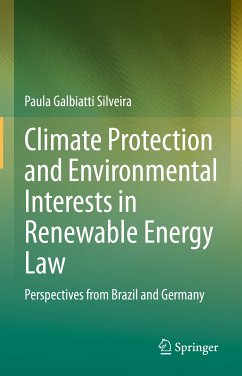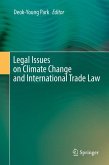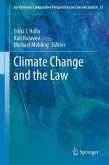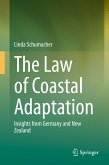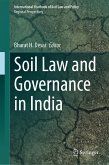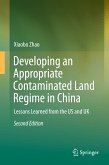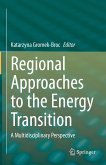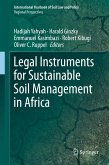This book is about environmental and climate legal protection in the energy transition. The Paris Agreement has a binding commitment of holding the global temperature increase to 2°C while pursuing efforts to limit it to 1.5°C. To cope with the negative effects of climate changes and mitigate greenhouse gas emissions, one of the primary responses has been the deployment of renewable energy sources, transiting from fossil fuels to sustainable electricity production. However, renewable energy sources can also cause significant environmental impacts. Wind energy, for instance, can impact biodiversity, such as birds and bats, killing them when colliding with turbines and affecting their migration and nesting.
This results in conflicts in environmental law. This book questions whether, in the energy transition, the generation of electricity from renewable sources to protect the climate is compatible with the protection of the environment, both interests in environmental law.
To address this question, this book follows a legal-environmental perspective and assesses the common problem of solving those internal environmental conflicts in Brazilian and German law to understand and compare whether and how both legal systems solve the conflicts by compatibilizing the protection of the climate with other environmental interests. The legal analysis focuses on land-use planning and environmental licensing, assessing similarities and differences, and evaluating the results, identifying what one country can learn from the other.
Dieser Download kann aus rechtlichen Gründen nur mit Rechnungsadresse in A, B, BG, CY, CZ, D, DK, EW, E, FIN, F, GR, HR, H, IRL, I, LT, L, LR, M, NL, PL, P, R, S, SLO, SK ausgeliefert werden.
Es gelten unsere Allgemeinen Geschäftsbedingungen: www.buecher.de/agb
Impressum
www.buecher.de ist ein Internetauftritt der buecher.de internetstores GmbH
Geschäftsführung: Monica Sawhney | Roland Kölbl | Günter Hilger
Sitz der Gesellschaft: Batheyer Straße 115 - 117, 58099 Hagen
Postanschrift: Bürgermeister-Wegele-Str. 12, 86167 Augsburg
Amtsgericht Hagen HRB 13257
Steuernummer: 321/5800/1497
USt-IdNr: DE450055826
Bitte wählen Sie Ihr Anliegen aus.
Rechnungen
Retourenschein anfordern
Bestellstatus
Storno

